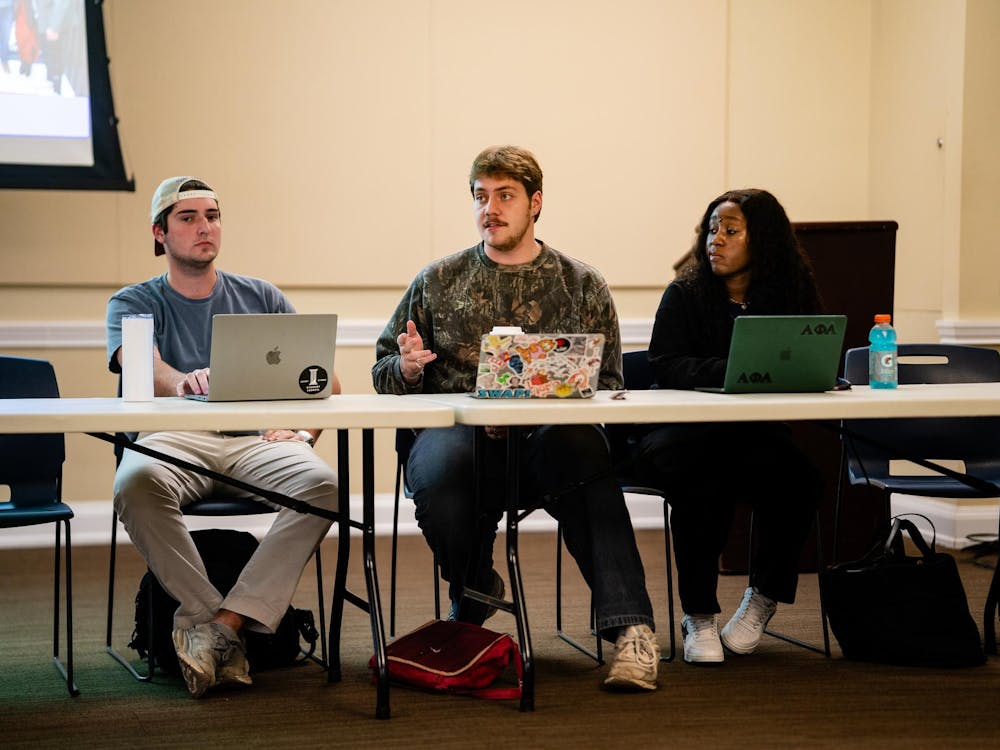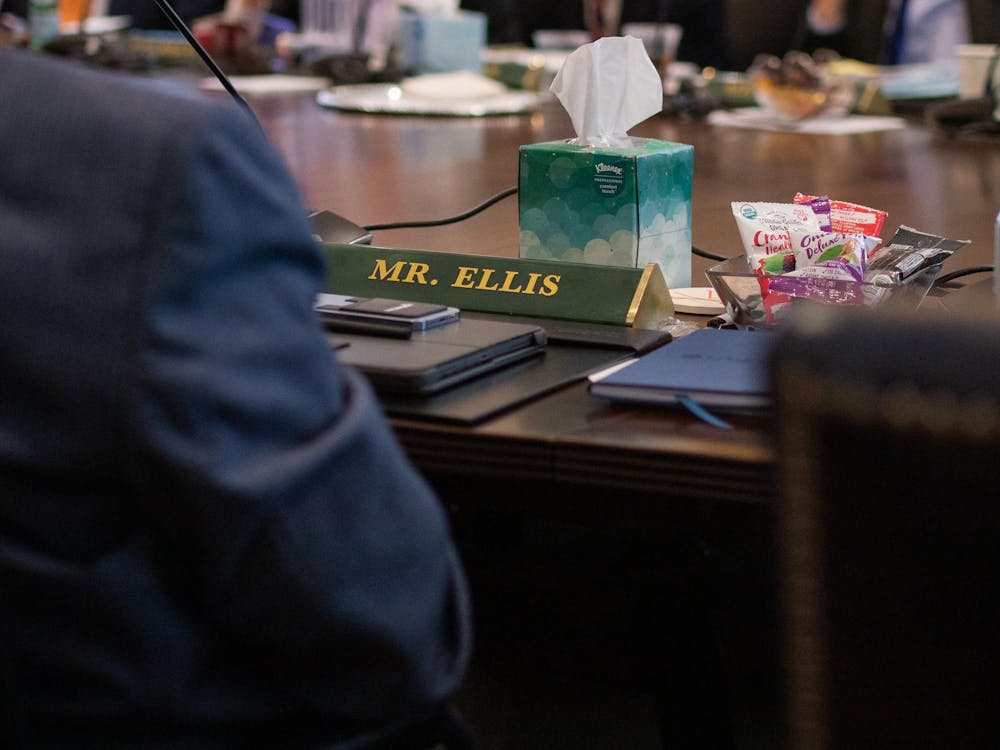A new Charlottesville charity plans to build the first long-term shelter for human trafficking survivors in the city by next January.
The Arbor, a faith-based organization formed last fall, will serve women over the age of 18 who have been victimized by sex trafficking in the United States. The non-profit organization aims to create a welcoming community for survivors regardless of their religion, gender identity, sexual orientation, criminal background and financial or immigration status.
Human trafficking is on the rise in Virginia, according to a recent Virginia Department of Criminal Justice Services report. Adult women make up the majority of victims.
The Arbor conducted an additional assessment in which they interviewed 36 professionals throughout Virginia, North Carolina and Washington, D.C., finding 26 out of the 36 police officers, nurses, hospital social workers and crisis center advocates reported human trafficking was present in their geographic region.
According to Charlottesville police spokesperson Ronnie Roberts, there has been no reported evidence of human trafficking in Charlottesville. However, in an interview with Charlottesville Newsplex last November, Col. Steve Sellers of the Albemarle County Police Department said that trafficking was occurring in his jurisdiction.
Arbor Board Member Joanna Jennings said the organization intends to provide a number of services to victims, local and otherwise.
“In addition to providing free room and board, we will work with the clients to establish their independent living plan, which will include job skills training and language skills training, because we are anticipating that a number of our clients are going to be foreign born,” she said. “We believe trafficking survivors need long-term care, so that’s what we are trying to do.”
Other services for residents will include health care, legal counseling and education and community support, which will take the form of optional workshops and mentorship and faith resources.
“It’s a little different from the current shelter that’s in place right now in Charlottesville,” Jennings said. “[There], if a woman is found to have been trafficked — which is a very difficult thing to [determine], because law enforcement are not trained in how to identify and screen properly for women who have been trafficked — she is limited to short-term transitional housing.”
The Arbor still has a few more steps to take before it will be able to open its doors.
“We need to find a housing location, and obviously that location is going to have to be confidential, but we think that Charlottesville is an ideal location because it is located in central Virginia,” Jennings said.
The Arbor plans to collaborate with other organizations in Virginia currently working toward providing aid for human trafficking victims. These organizations include the Gray Haven in the Richmond, the Polaris Project in Washington D.C. and the International Justice Mission.
The Arbor will have a student information event this Saturday at 7 p.m. at Eunoia, near Nau-Gibson Hall on Jefferson Park Avenue, where they will discuss human trafficking in Virginia and The Arbor’s plans to start the first long-term shelter in Virginia for survivors of trafficking.






